Events 2024-25

Freedom, Democracy and Economic Performance in the 21th Century
25/11/2024
Tim Besley
+
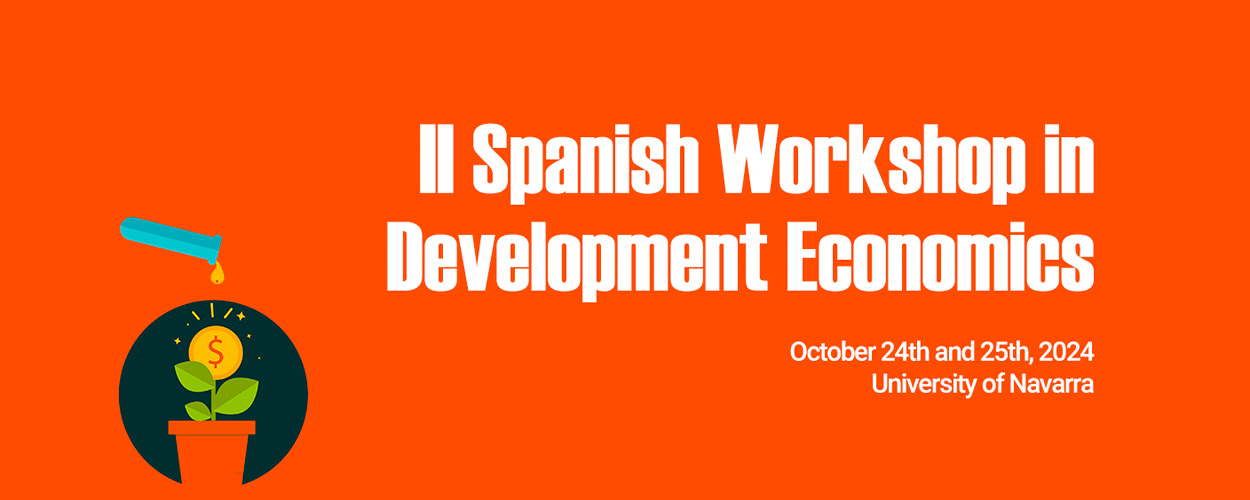
II Spanish Workshop in Development Economics
24/10/2024 al 25/10/2024
Enrique Seira & David Evans
+
“Generosity and Wealth: Experimental Evidence from Bogotá Stratification"
07-10-2024
Mariana Blanco (University of Turin)

Private Colonialism in Africa
02-10-2024
Elías Papaioannou (Professor of Economics, London Business School)
+
Events from previous courses

Causes and Consequences of Policy Uncertainty: Evidence from McGirt vs. Oklahoma
11-06-2024
Dominic Parker (Professor of Applied Economics at University of Wisconsin-Madison)
+

Externalities of Marijuana Legalization: Marijuana Use in Non-Legalizing Statesk
20-05-2024
Elaine M. Liu (Professor of Economics at University of Houston)
+
Do Homebuyers Value Energy Efficiency? Evidence From an Information Shock
26-04-2024
Brendon McConnell (Associate Professor in the Economics Department at University of London)

The End of Oil
25-04-2024
Ryan Kellogg (Professor at the University of Chicago Harris School of Public Policy) (Research Associate at the National Bureau for Economic Research)
+

If You Only Have a Hammer: Optimal Dynamic Prevention Policy
20-03-2024
Christopher Rauh (Faculty of Economics, University of Cambridge)
+
Immigration and Worker Responses Across Firms: Evidence from Administrative Records in Colombia
13-02-2024
Lukas Delgado-Prieto (Universidad Carlos III de Madrid)
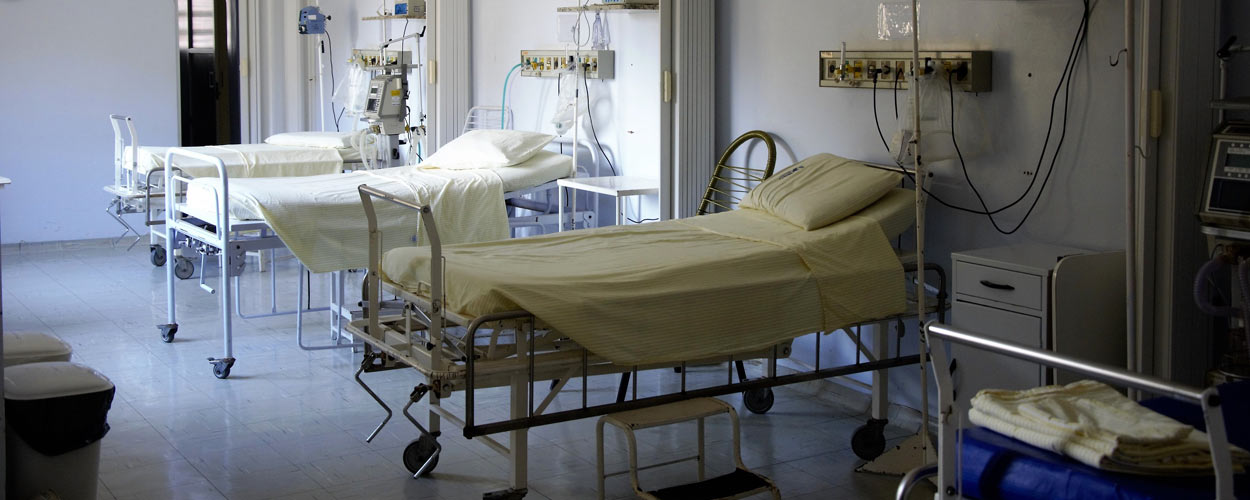
Cost-Sharing in Medical Care Can Increase Adult Mortality: Evidence from Colombia
12-02-2024
Marcos Vera-Hernandez (University College London)
+
Long-Run Effects of Land Redistribution: Evidence from India
07-02-2024
Kartikeya Batra (University of Maryland)

Incentives Justifying Nonconformity: Experimental Evidence from Motortaxi Organizations in Uganda
05-02-2024
Claude Raisaroa (Stockholm School of Economics)
+

Does Performance Evidence Motivate? A Field Experiment in Guinea-Bissau’s Health Sector
29-01-2024
Mattia Fracchia (Nova School of Business and Economics)
+
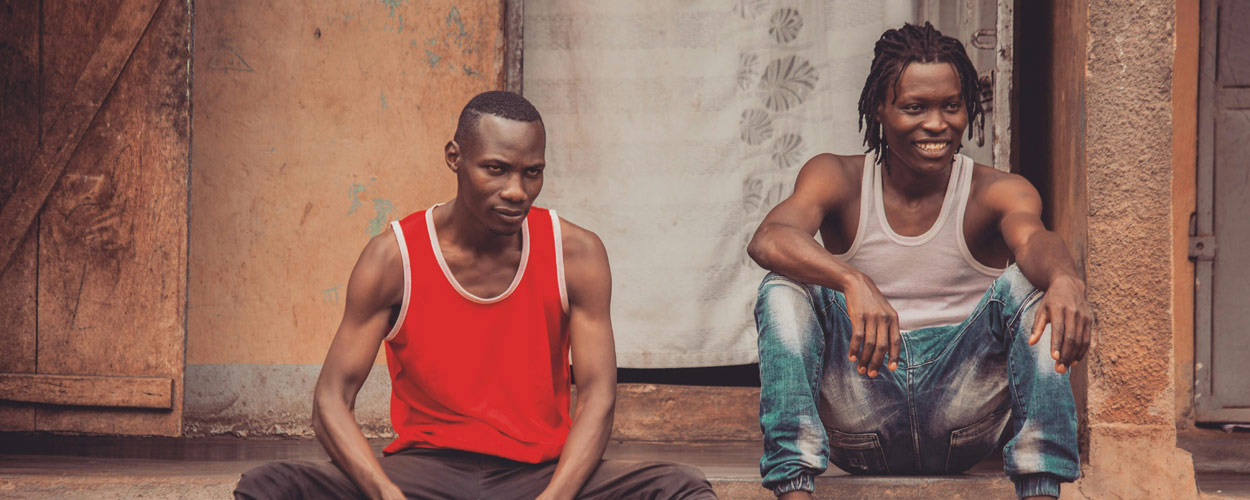
Information, expectations and preferences: occupational choices of young adults in Uganda
26-01-2024
Cristina Clerici (Stockholm School of Economics)
+

Accepting the unacceptable: Does intimate partner violence shape the tolerance of violence?
24-01-2024
Eugenia Frezza (Trinity College Dublin)
+

Throwing gasoline on the cocaine production: the effect of a supply shock on violence
22-01-2024
Monica Beeder (Norwegian School of Economics)
+

Hidden moral costs of control: Field evidence from performance appraisals in the public sector
13-11-2023
Marcela Ibanez (University of Göttingen)
+
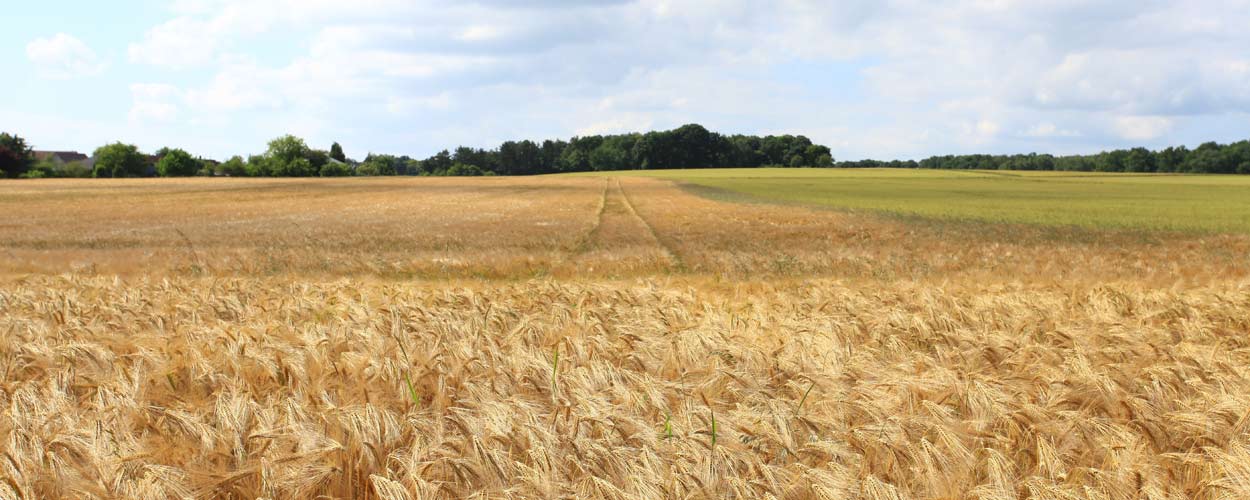
Changing Phenology: Evidence from Nigeria
5-10-2023
Ivan Kim Taveras (Bocconi University)
+

Mobile Internet and Political Polarization
4-9-2023
Nikita Melnikov (Universidade NOVA de Lisboa)
+

Fairness in times of crisis: Negative shocks, relative income, and preferences for redistribution
9-2-2023
Anna Hochleitner (University of Nottingham)
+

Nation-Building Through Military Service
31-1-2023
Juan Pedro Ronconi (Brown U)
+

Medicaid for middle-class families? Job loss and health insurance coverage of parents and children
30-1-2023
Mariana Zerpa (KU Leuven)
+

Legal uncertainty and its consequences: A natural language processing approach
27-1-2023
Maximiliano Sosa (Uppsala)
+

The Effect of a Conditional Cash Transfer on Child Marriage: Evidence from Mexico
25-1-2023
Dalila Bernardino (EUI)
+
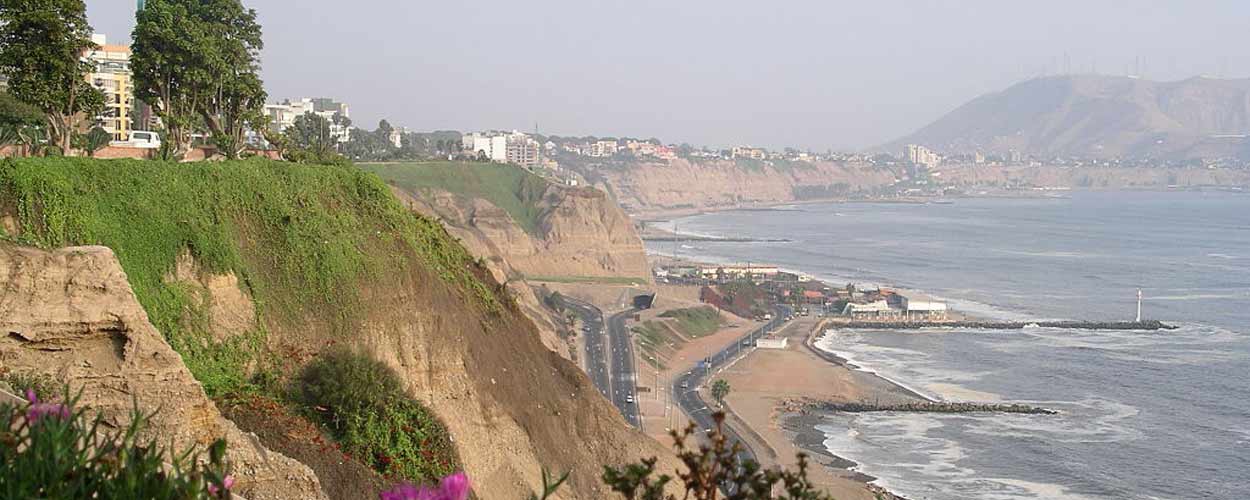
Labor Market Power, Self-employment, and Development
13-12-2022
Francesco Amodio (McGill University)
+

Comparative Advantage and Technology Diffusion: a Menu-based Approach to Dissemination
14-11-2022
Karen Macours (Paris School of Economics)
+

The Role of Meritocracy and Pay Progression in the Public Sector
10-10-2022
Gianmarco León-Ciliotta (Universidad Pompeu Fabra)
+
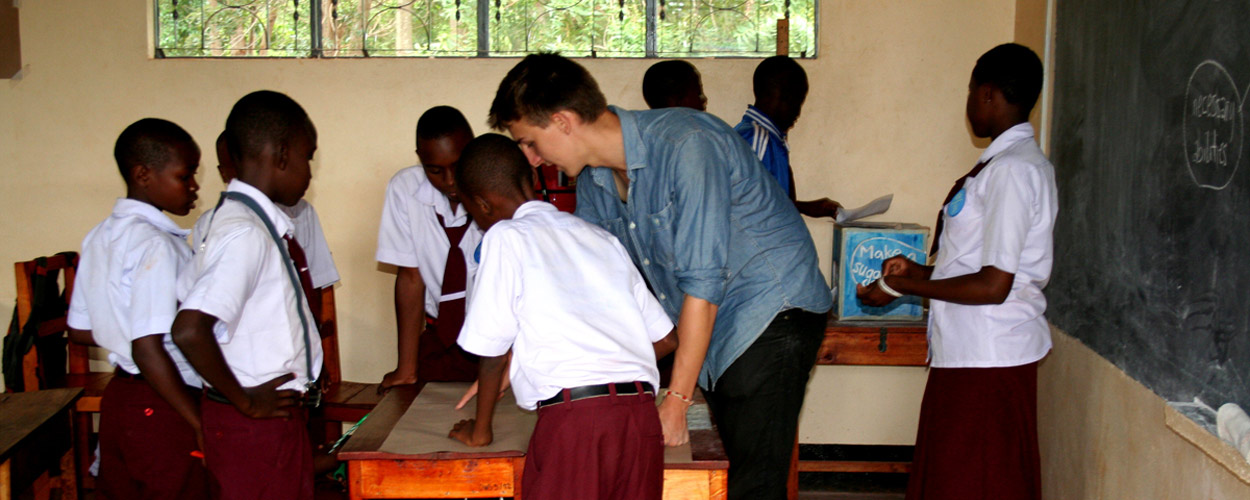
Secondary School Access Raises Primary School Achievement in Tanzania
12-9-2022
Wayne Sandholtz (Nova School of Business and Economics)
+

Stay, split or strike: theory and evidence on secessionist vs centrist conflict
13-6-2022
Sabine Flamand (Universitat Rovira i Virgili)
+
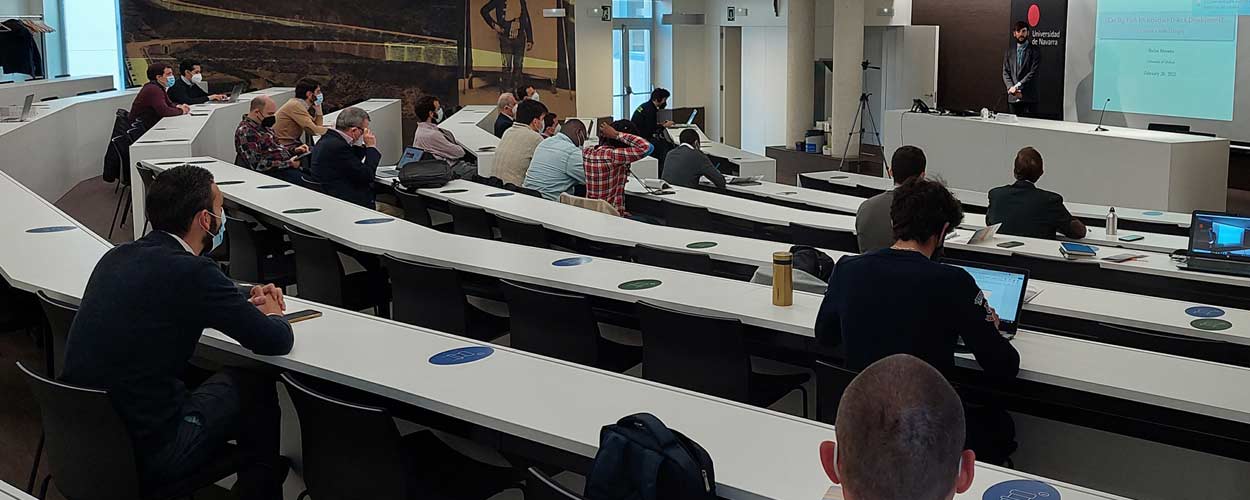
Who Watches the Watchmen? Local News and Police Behavior in the United States
9-5-2022
Nicola Mastrorocco (Trinity College)
+
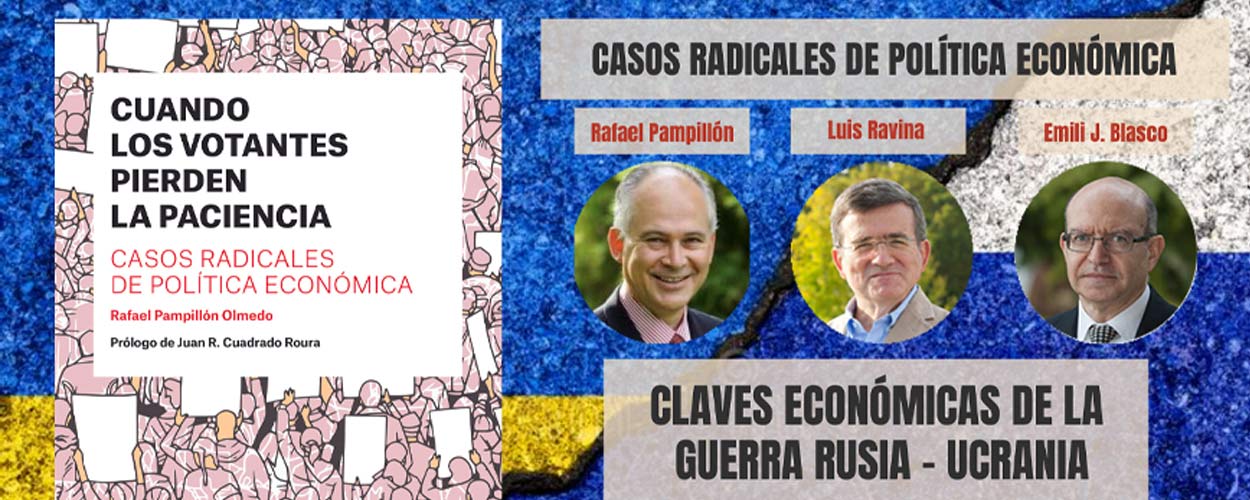
Claves económicas de la guerra Rusia - Ucrania
16-3-2022
Rafael Pampillón (IE Business School), Luis Ravina (Universidad de Navarra) y Emili J. Blasco (Universidad de Navarra)
+

Energy and Environmental Issues in Developing Countries
28-2-2022
Niclas Moneke, Jevgenijs Steinbuks, Jacopo Bonan, Carlo Andrea Bollino, Raúl Bajo-Buenestado, Paloma Grau, Luis Ravina
+

Urban deprivation: from Earth Observation to Urban Policies
10-12-2021
Monika Kuffer, Stefanos Georganos, Pere Roca, Anthony Boanada-Fuchs
+
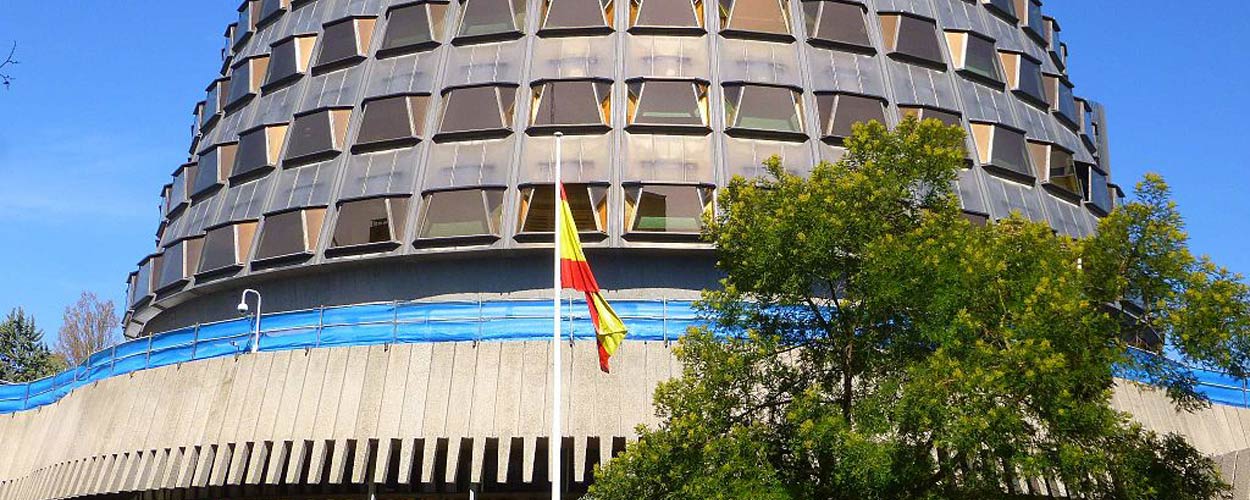
Checks and Balances and Nation Building
30-11-2021
Agustín Casas (CUNEF Universidad)
+

The trend-cycle connection
4-10-2021
Hernán Seoane (UC3M)
+

Educational Mobility Across Multiple Generations in Indonesia
13-9-2021
Jan Stuhler (UC3M)
+
Jorge Klinnert and José Fellmann, NCID junior researchers, will pursue PhD in Maryland
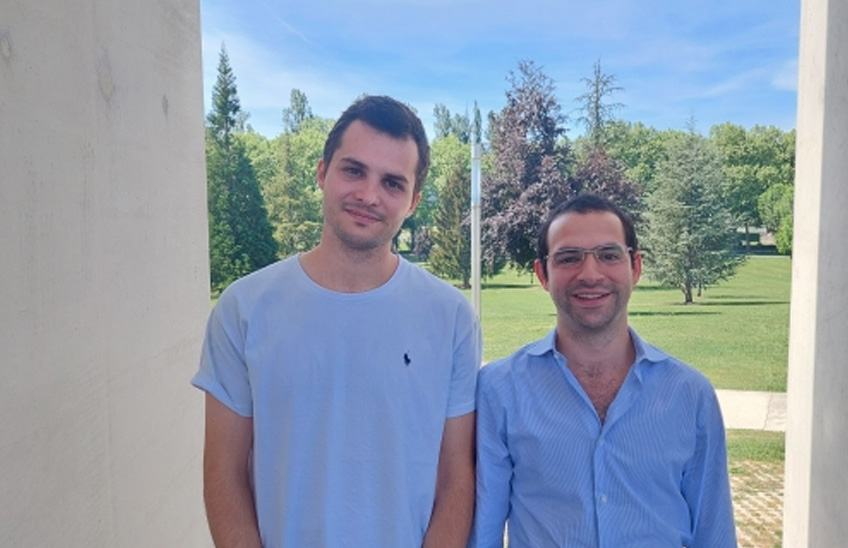
18 | 05 | 2022
NCID junior researchers José Fellmann and Jorge Klinnert will pursue their PhD in Economics at the University of Maryland (USA). Both researchers have been trained in the Master of Economics and Finance (MEF) at the School of Economics of the University of Navarra and have worked in the last year as research assistants at the Navarra Center for International Development.
Jorge Klinnert (1998), of Greek, Spanish and German origin, has studied Economics at the University of Munich and the Master of Economics and Finance at the University of Navarra.
"The MEF has taught me the world of economic research as I have had the chance to talk to top researchers on a daily basis," said Klinnert.
José Fellmann (1996), of Argentine origin, has studied Economics, Leadership and Governance and the Master of Economics and Finance at the University of Navarra.
"The professors at UNAV have a very good relationship with the students and that allows us to develop a relationship of sincere friendship. The MEF has helped me to lay the foundations of economic research with serious and rigorous training," explained Fellmann.
Both researchers agree that working at the NCID with Luis Ravina has been a good opportunity for their academic career: "It has allowed us to learn what economic research is, not only from good professionals who do it, but also by doing it ourselves," said Fellmann. For Klinnert, "this year at NCID has been a great opportunity to have the best portfolio before starting my PhD".
Jorge Klinnert and José Fellmann start their PhD in August in Maryland, one of the best places in the world to do it in Economics: "Having done the MEF at the University of Navarra, having good grades and having demonstrated this year at NCID motivation for economic research has helped us a lot to enter the University of Maryland". Klinnert hopes that "the professors at this university will be as close as those at Navarra".
Both researchers agree that they want to go into economics research in the future: "We are motivated by helping people with a solution to a problem," said Fellmann. "For many people money is the main motivation, but for me it's to do what I like," Klinnert defended.
After completing the MEF together at the University of Navarra and working together at NCID they are now continuing their journey together at the University of Maryland. They agree that doing a PhD with a friend "gives you confidence and helps you enjoy it more because you go with someone who you know knows the same things you do, with whom you can solve some problems and share our ideas".
